On the evening of May 3, 2007, a family vacation in the serene coastal town of Praia da Luz, Portugal, turned into every parent’s worst nightmare. Three-year-old Madeleine McCann, a bright-eyed British toddler, vanished from her bed in a holiday apartment while her parents, Kate and Gerry McCann, dined with friends just 55 meters away. What followed was a case that would grip the world, spark endless theories, and inspire a documentary that peels back the layers of one of the most perplexing missing-person investigations in modern history. Nearly two decades later, the question remains: what happened to Madeleine McCann, and why does her story continue to resonate globally?
A Vacation Turned Tragedy
Madeleine Beth McCann was born on May 12, 2003, in Leicestershire, England. In 2007, she was days shy of her fourth birthday when her family embarked on a holiday to Portugal’s Algarve coast. The McCanns, along with their two-year-old twins, Sean and Amelie, were staying at the Ocean Club, a popular resort in Praia da Luz. The family’s routine during the trip was typical for vacationing parents: the children were put to bed, and the adults gathered at a nearby tapas restaurant within the resort complex. The parents took turns checking on the sleeping children, a practice they felt was safe given the proximity of the restaurant.
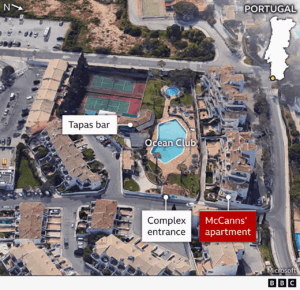
On that fateful evening, the checks were routine until 10:00 PM, when Kate McCann entered the apartment and found Madeleine’s bed empty. The window was open, the shutter raised, and her daughter was gone. Panic ensued as the McCanns, resort staff, and other guests searched the area. The Portuguese police, known as the Polícia Judiciária (PJ), were called, and a missing-person case of unprecedented scale began to unfold. The image of Madeleine—blonde, with striking blue-green eyes and a distinctive coloboma in her right iris—became a global symbol of loss and hope.
The Investigation: A Maze of Leads and Dead Ends
The initial response to Madeleine’s disappearance was chaotic. The crime scene was not adequately secured, allowing potential evidence to be compromised as locals and tourists joined impromptu searches. The PJ launched an investigation, focusing on the possibility of an abduction. Early efforts included interviewing witnesses, analyzing CCTV footage, and issuing a description of a man seen carrying a child near the resort that night. However, the lack of immediate forensic evidence hindered progress.
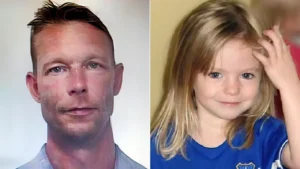
As weeks turned into months, the investigation took controversial turns. In September 2007, Kate and Gerry McCann were named “arguidos” (suspects) by the PJ, a decision fueled by theories that Madeleine may have died accidentally in the apartment, with her parents concealing the incident. Traces of DNA found in a rental car the McCanns used weeks later were cited as potential evidence, but the findings were inconclusive. The intense media scrutiny and public speculation added pressure, with some outlets vilifying the McCanns while others championed their innocence. By July 2008, the arguido status was lifted, and the Portuguese investigation was archived due to insufficient evidence.
The McCanns refused to let the case fade. They hired private investigators and launched a global campaign, “Find Madeleine,” to keep their daughter’s face in the public eye. In 2011, the British Metropolitan Police opened Operation Grange, a dedicated investigation that treated Madeleine’s disappearance as a criminal act, likely an abduction by a stranger. Over the years, Operation Grange pursued thousands of leads, released e-fit images of potential suspects, and collaborated with international law enforcement. Despite costing over £13 million, no definitive answers emerged.
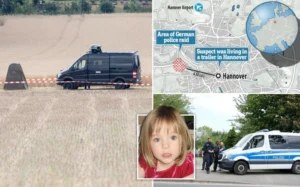
In 2020, a significant development shifted the case’s trajectory. German authorities identified Christian Brückner, a convicted sex offender with a history of crimes in the Algarve, as their prime suspect. Brückner, who lived in the region between 2000 and 2017, was linked to the case through mobile phone data and suspicious items found in his possession, including children’s clothing and writings suggesting violent fantasies. German prosecutors believe Madeleine is dead, though no charges have been filed against Brückner, who is currently imprisoned for unrelated crimes. The British and Portuguese police continue their investigations, with recent searches in 2025 focusing on scrubland near Praia da Luz, yielding limited findings like animal bones and clothing.
The Documentary: A Window into a Global Obsession
The enduring mystery of Madeleine McCann has fueled numerous media projects, but one documentary stands out for its deep dive into the investigation’s complexities. Released in 2019, The Disappearance of Madeleine McCann is an eight-part Netflix series that chronicles the case from the night of the disappearance to the modern-day search for answers. Directed by Chris Smith, the documentary features interviews with key figures, including former investigators, journalists, and private detectives, though the McCanns declined to participate, expressing concerns about its impact on the ongoing investigation.
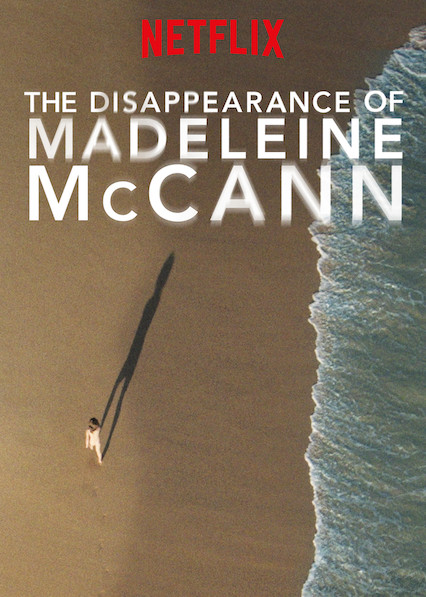
One of the documentary’s strengths is its focus on the human toll. It portrays the McCanns’ anguish as they navigated suspicion, guilt, and relentless media attention. The series also sheds light on the emotional weight carried by investigators, many of whom remain haunted by the lack of closure. By weaving together archival footage, reenactments, and expert commentary, the documentary offers a nuanced look at a case that defies simple answers.
Why the Case Endures
Madeleine McCann’s disappearance resonates for several reasons. First, it taps into universal fears about child safety, particularly during moments of perceived security like a family vacation. The idea that a child could vanish from a locked apartment in a bustling resort is chilling, prompting parents worldwide to rethink their assumptions about safety. Second, the case’s ambiguity fuels endless speculation. Was Madeleine abducted for ransom, trafficking, or something else? Did she wander off, or was there a cover-up? The absence of concrete evidence keeps these questions alive.
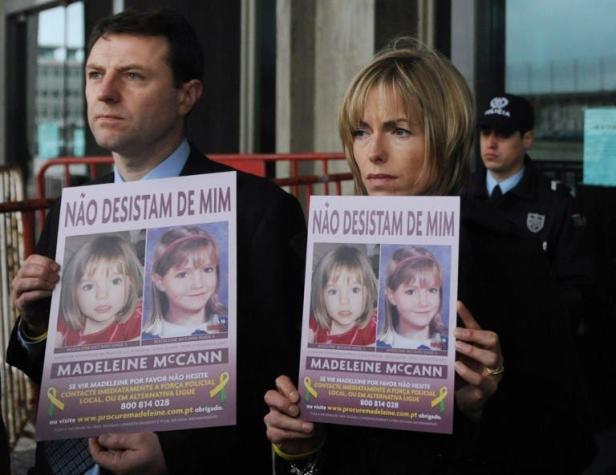
The media’s role cannot be overstated. From tabloid headlines to social media debates, Madeleine’s story has been dissected relentlessly. Posts on platforms like X reflect ongoing public interest, with some users questioning the McCanns’ actions and others focusing on suspects like Brückner. The documentary amplifies this fascination, offering a structured narrative for viewers to grapple with the case’s complexities. Additionally, the McCanns’ resilience—through their campaign, books, and public appearances—has kept Madeleine’s image in the spotlight, ensuring the case remains a touchstone for discussions about missing children.
The Search Continues
As of June 2025, the search for Madeleine McCann persists. The recent three-day search in Portugal, involving German and Portuguese police, underscores the determination to find answers before Brückner’s potential release from prison. While the operation yielded no breakthroughs, the McCanns’ commitment to “leave no stone unturned” remains unwavering. Their website, findmadeleine.com, continues to share updates and express gratitude for public support, emphasizing Madeleine’s place in their lives as they mark her 22nd birthday.
The documentary The Disappearance of Madeleine McCann serves as both a record of this enduring mystery and a catalyst for renewed interest. It invites viewers to question assumptions, weigh evidence, and empathize with a family trapped in limbo. Whether Madeleine’s fate will ever be known remains uncertain, but her story—amplified by media, driven by hope, and haunted by unanswered questions—continues to captivate the world.





